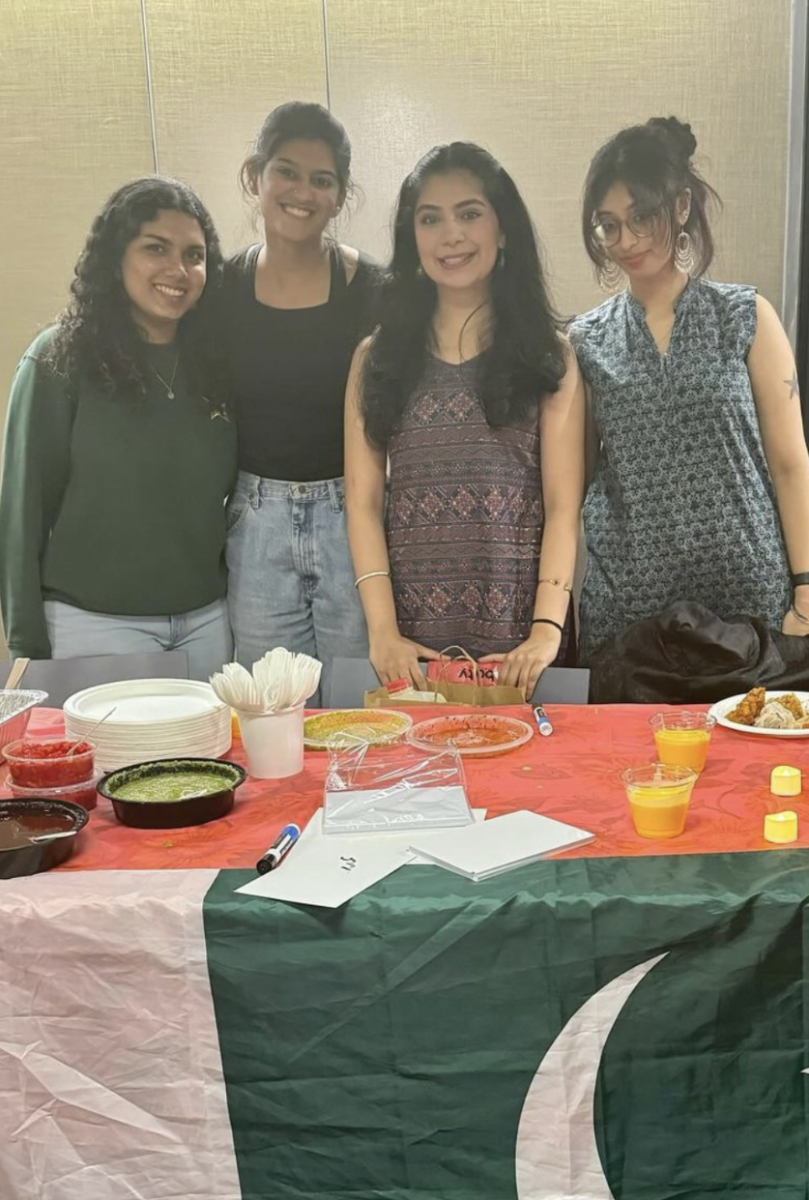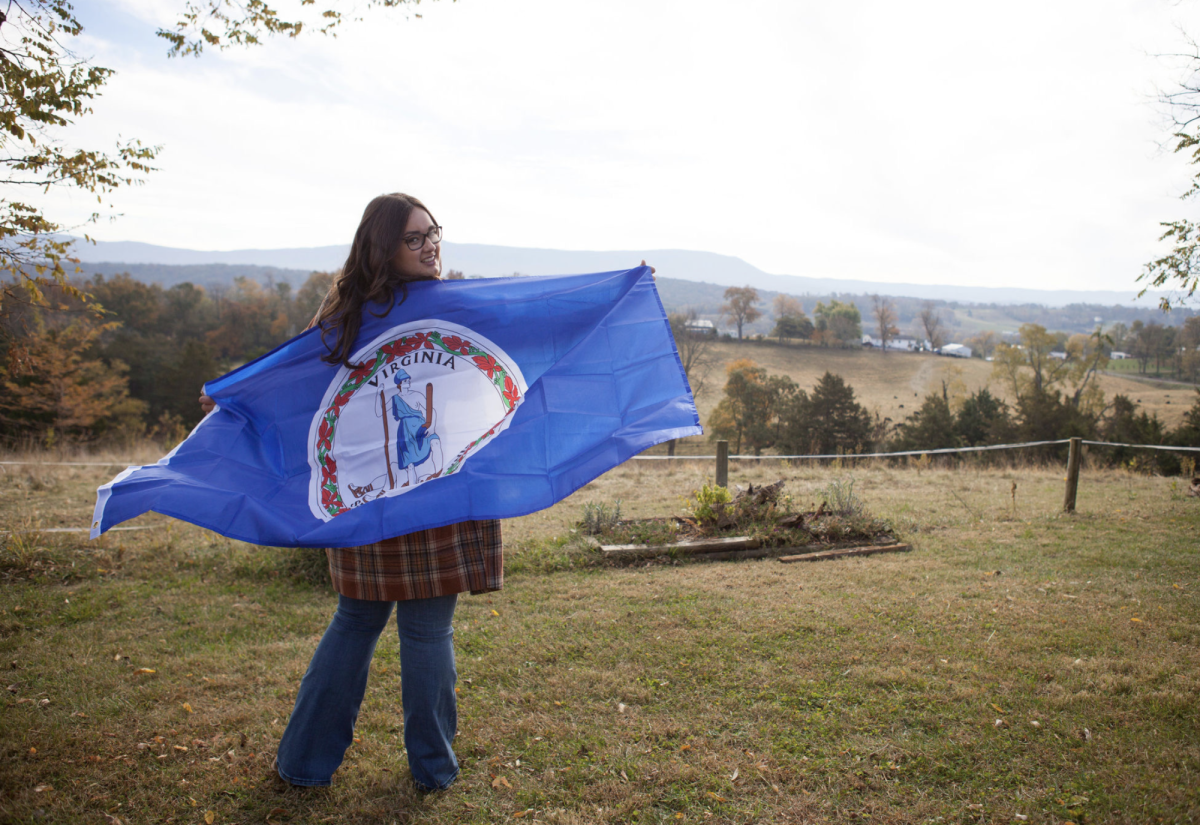As Harambee House’s Black History Month programming came to a close, Mamaland returned to Wellesley this semester. The annual African cultural showcase hosted by the Wellesley African Students’ Association (WASA) was held on March 12 in Jewett Auditorium. Since 2004, the show has been symbolic of the diversity and significance of African students at Wellesley.
WASA’s emphasis on community participation has played a huge role in fostering a sense of camaraderie amongst students of African descent and the African diaspora. The showcase, alongside Africa Week, is symbolic of WASA’s mission to engage the Wellesley community with aspects of African culture, history and contemporary issues.
Mamaland occurred annually until the pandemic, after which COVID restrictions made it difficult for WASA and other organizations to hold events. This year, WASA and community members celebrated the return of the showcase, focusing on the theme “kabajaa,” the Oromo word for celebration.
The show featured a first-year dance performed to a series of Afrobeats songs. Spoken word and poetry performances by students Izzy Torkonoo ’23 and Ruvimbo Tanaarwo ’23 centered around identity and individuality. Harambee House’s Dean Patricia Birch performed a spoken word piece on the importance of perseverance to Common and John Legend’s “Glory.”
Mamaland’s focus on the diversity of cultures shined through dances and music from all corners of the African diaspora. Yanvalou, the African and Caribbean drum and dance ensemble, performed a Kongo drum routine with roots in Haiti.
“I honestly think it has been my favorite Wellesley event that I’ve ever attended and been a part of. It was great seeing so many Black students all together at once to celebrate each other,” Zora Levette ’24, a member of Yanvalou, said.
Both Wellesley and MIT’s Ethiopian dance crews performed traditional dances, dressed in white habesha kemis. Through Mamaland, performers found themselves forming close bonds with each other beyond the Wellesley community.
“I grew so much closer with my friends in practicing our dance and performing together. What Mamaland means to me is celebrating community,” performer Mela Nebiyeloul ’24 said.
Afrobeats’ dancers performed a set of dances including the Nigerian Shaku Shaku and South African Gwara Gwara dances to Lojay’s “Monalisa.” There were three fashion shows, including one featuring the family-owned fashion brand, Obioma, that specializes in a mix of traditional West African and Western styles. The event closed with a final display of gratitude from Co-President Bilqis Ayeni ’23 and Vice President Aline Irafasha ’23 and a dance including all of WASA’s e-board members. Organizers and attendees alike thought Mamaland was an impressive showcase of Africa’s diverse cultures and an important experience for the greater Wellesley community.





